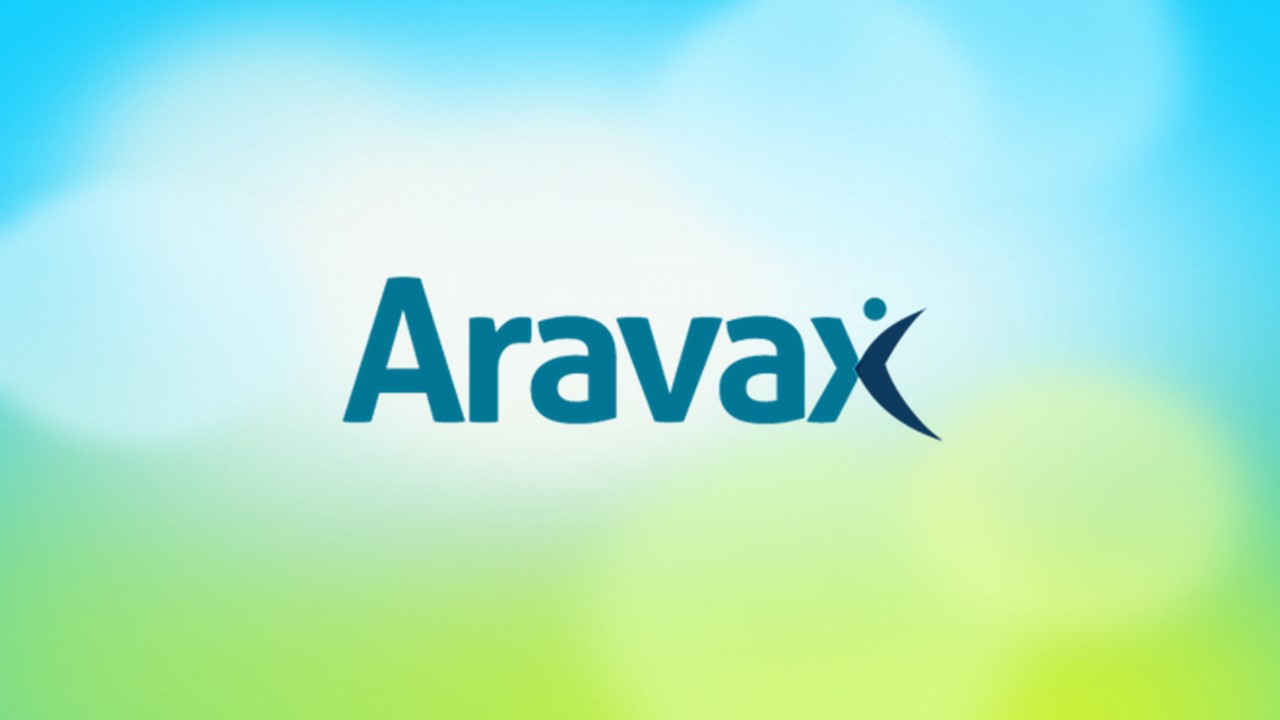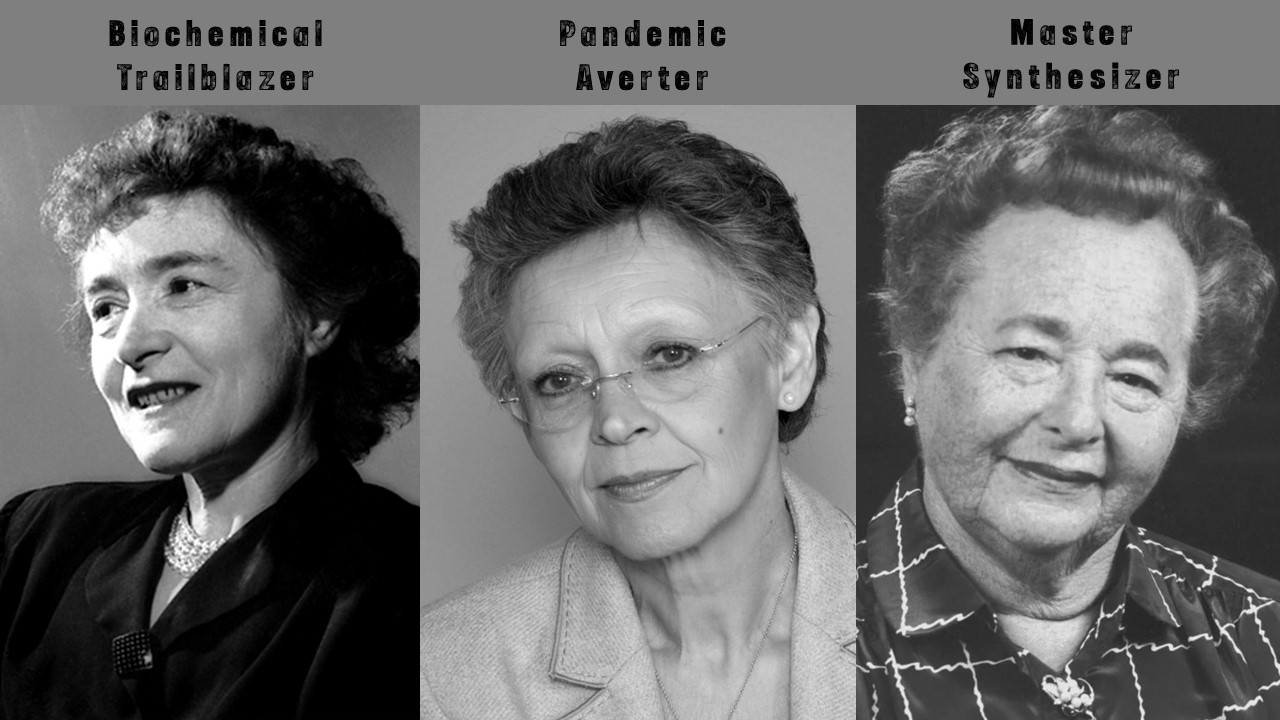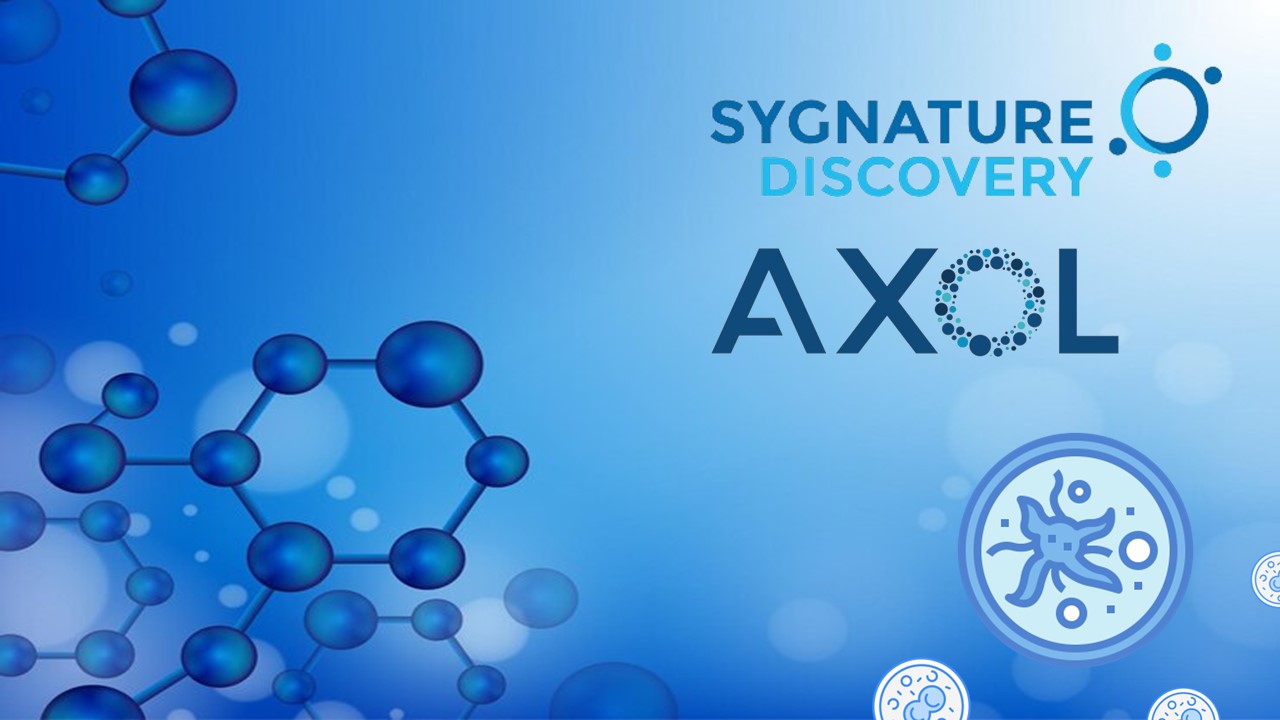
This week in pharmaceutical investments, J&J bulk up on bispecifics through an alliance with biopharmaceutical company Xencor, gaining exclusive rights to the drug plamatomab for B-cell malignancies; Pfizer signs a $630m license agreement with Voyager Therapeutics for novel capids to develop gene therapies across a number of therapeutic areas; AiPharma confirms strategic alliance with Appili Therapeutics to advance the global development of favipiravir, an oral antiviral for the potential treatment and prevention of COVID-19.
J&J Dives Deeper into Bispecifics with $1.3bn Xencor Alliance
On October 04 2021, it was announced that clinical-stage biopharmaceutical company Xencor will be forming an exclusive collaboration with Janssen Biotech, a pharma subsidiary of Johnson and Johnson.
Xencor, who focus on developing engineered monoclonal antibodies and cytokines for the treatment of cancer and autoimmune disease, are to receive $100 million upfront payment and $25 million equity investment. Potential milestone payments of up to $1.188 billion have also been suggested to result from the alliance.
Under the terms of the agreement, Janssen Biotech will gain exclusive rights to develop, license, and commercialise globally the drug plamatomab for B-cell malignancies, as developed by Xencor. This agreement comes on the heels of Janssen’s first investment in bispecific antibodies directed toward the CD28 co-stimulatory receptor on T cells.
Furthermore, Janssen will gain an exclusive worldwide license to develop selected molecules in combination with plamotamab and other agents. Bispecific antibody treatment has been a key target for Janessen, with a number of clinical trials demonstrating positive data for targeting B-cell type cancers.
Plamatomba is currently in phase 1 clinical trials for patients with CD20-expressing cancers at the dose-finding stage. However, Xencor have said that new results from the study will be delivered in the coming weeks.
“The treatment landscape in B-cell lymphoma will potentially be redefined by CD20 x CD3 bispecific antibodies, such as plamotamab, and the best outcomes for patients will require creative combination approaches using complementary mechanisms of action. We are delighted to collaborate with Janssen’s leading scientists to expand the scope of the plamotamab program, particularly as we explore opportunities to combine with novel B-cell targeted CD28 bispecific antibodies that can potentially selectively enhance T-cell cytotoxic activity,” said Bassil Dahiyat, Ph.D., president and chief executive officer at Xencor. “This collaboration complements our plans to initiate combination clinical trials of plamotamab with tafasitamab and lenalidomide, and it expands our strategy to develop multiple highly active chemotherapy-free regimens for B-cell cancers.”
Pfizer Confirms $630m deal to Access Voyager’s Gene Therapy Tech
One of the biggest pharmaceutical companies in the world has signed a $630m license agreement with Voyager Therapeutics for novel capids, which will be used to develop gene therapies across a number of therapeutic areas.
Pfizer will initially be paying Voyager $30 million upfront , in order to access its TRACER adeno-associated virus (AAV) vector technology. The safety of viral vectors has raised concerns in the last few months and continues to present a number of challenges for those hoping to harness the power of gene therapies.
The TRACER capsids have been designed to target cells/tissues more effectively, allowing the dose of gene therapy to be reduced and hopefully, demonstrate fewer side effects in patients than conventional AAV-delivered therapies.
It has been noted that Pfizer will be assessing the suitability of novel capsids selected for the central nervous system and cardiac indications from Voyager’s TRACER platform – $20m in payments has been tied to options on AAV capsids for neurologic and cardiovascular gene therapy applications, and $580m in back-end milestones.
While Pfizer will have the right to license capsids to develop AAV gene therapies, Voyager Therapeutics will retain international rights to all licensed capsids to use with other transgenes in addition to all other applications of TRACER technology.
In a Voyager press release, Seng Cheng, Ph.D, Senior Vice President and Chief Scientific Officer of Pfizer’s Rare Disease Research Unit said “our collaboration with Voyager will provide Pfizer with access to additional AAV capsids that may help further advance our industry-leading gene therapy portfolio. We are impressed with Voyager’s results to date and are enthusiastic about the potential to utilize these novel capsids to help accelerate the development of new therapeutic options for patients living with certain neurologic and cardiovascular diseases.”
AiPharma Announces Strategic Alliance with Appili Therapeutics
Biopharmaceutical company Appili Therapeutics has announced an exciting alliance with private pharma R&D/commercialisation company AiPharma Global Holdings LLC. The strategic move comes from the desire of both companies to advance the global development of Favipiravir.
The oral antiviral is currently being evaluated by Appili for the potential treatment and prevention of COVID-19.
According to a recent press release, the highlights of the strategic alliance include:
• Accelerated and strengthened development of Avigan/Reeqonus (favipiravir) on a coordinated and worldwide basis
• AiPharma expects access to cash flows tied to the growing worldwide sales of Avigan/Reegonus via its 50% equity stake in consortium member Global Response Aid (“GRA”)
• The establishment of a joint scientific steering committee to coordinate the rapid development of Avigan/Reeqonus
• Equity transaction: Appili exchanges shares with AiPharma for strong alignment and mutual economic participation in each other’s respective businesses
• Plans to bring on additional programs, assets and partners to further the goal of becoming a global, integrated and infectious disease specialized healthcare company
As well as addressing the urgent need for COVID-19 treatment, the aim of the alliance is to establish minority positions in each other’s businesses, further align their goals, and participate in respective economic interests.
“COVID-19 continues to be an immense health threat with little relief in sight. The world needs safe and effective oral antivirals that can help alleviate the threat of COVID-19, and I believe Avigan/Reeqonus has the potential to change the trajectory of this pandemic,” said Armand Balboni, M.D., Ph.D., Chief Executive Officer of Appili Therapeutics. “This partnership will help us further streamline activities and move quickly following the PRESECO readout to key clinical, regulatory and commercial milestones.”
Charlotte Di Salvo, Editor & Lead Medical Writer
PharmaFeatures
Subscribe
to get our
LATEST NEWS
Related Posts

Leadership, Trends & Investments
Aravax Continues International Expansion with Appointment of Aled Williams as Chief Business Officer
Aravax announces the appointment of Alex Williams as Chief Business Officer.

Leadership, Trends & Investments
The Immigrant, The Career-Undecided, and The Supermarket Supervisor-turned-Scientist
Learn more about the 1947, 1988, and 2008 Physiology or Medicine Female Nobel Laureates.
Read More Articles
Myosin’s Molecular Toggle: How Dimerization of the Globular Tail Domain Controls the Motor Function of Myo5a
Myo5a exists in either an inhibited, triangulated rest or an extended, motile activation, each conformation dictated by the interplay between the GTD and its surroundings.













